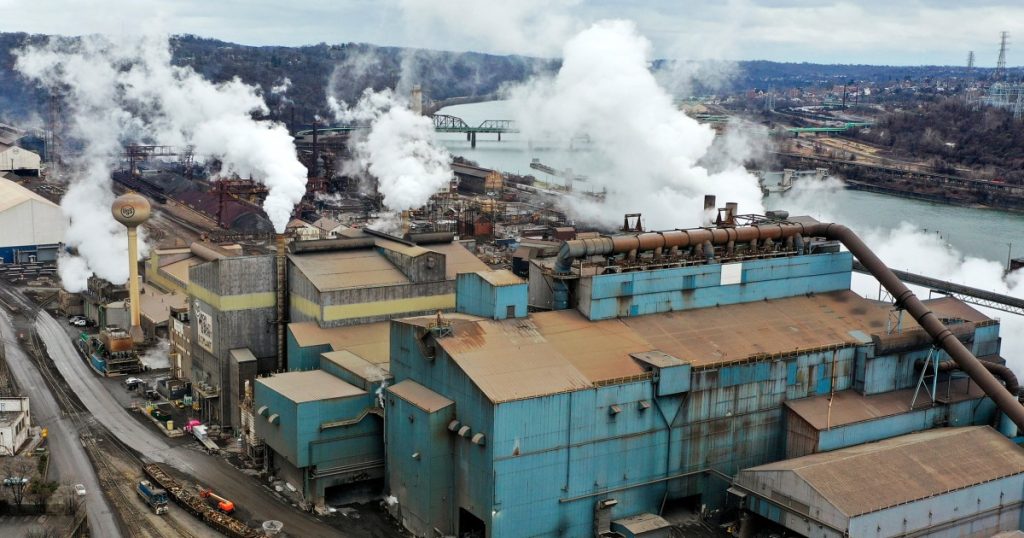Executives at Nippon Steel expressed concerns that a failure to acquire U.S. Steel would raise doubts about the company’s headquarters remaining in Pittsburgh. In Japan, where the leadership race for the governing Liberal Democratic Party was ongoing, Biden’s plans to block the acquisition were seen as an insult to a close ally. The frontrunner in the LDP leadership race, Shigeru Ishiba, expressed unease at the U.S.’s stance on the acquisition, while another candidate, Taro Kono, was surprised by the national security concerns raised. The U.S. ambassador to Japan emphasized the strength of the countries’ relationship beyond a commercial transaction.
For Nippon Steel, the failure to acquire U.S. Steel would be a significant setback to its expansion plans, particularly in the U.S. and India where it was focusing its investments. After withdrawing from a joint venture in China, Japan’s largest steelmaker was hoping to strengthen its presence in other markets. The Japan Business Federation highlighted that companies were closely watching the U.S. review process, especially those interested in investing in the United States. The group’s chairman emphasized the importance of a fair and just due process in handling the issue, separate from any influence from the U.S. presidential election.
The Japanese government’s spokesperson declined to comment on reports of Biden’s opposition to the deal, stating it was a matter related to a specific company’s management. However, the spokesperson stressed the importance of mutual investment between the U.S. and Japan, as well as cooperation on economic security issues. Long Le, a professor at Santa Clara University, noted a shift in U.S. politics under Biden regarding foreign trade and investment, indicating a clearer stance on critical sectors and foreign acquisitions. The Committee on Foreign Investment in the United States had never blocked a Japanese acquisition, demonstrating a new approach under the Biden administration.
There was hope in Japan that Biden’s opposition to the deal would not be the final decision, with a possibility that a more favorable outcome could be reached after the election dust settled. The uncertainty surrounding the fate of the acquisition highlighted the evolving nature of international trade and the increased involvement of governments in industry matters. The significance of national security considerations in foreign acquisitions, even from allied countries, was underscored by Biden’s stance on the Nippon Steel deal. The outcome of this case would likely set a precedent for future foreign acquisitions in critical sectors, regardless of the countries involved.
Overall, the situation surrounding the Nippon Steel acquisition of U.S. Steel reflected a complex interplay of economic, political, and security considerations between the U.S., Japan, and other stakeholders. The potential impact of the deal’s failure on Nippon Steel, the broader implications for foreign investment in critical sectors, and the evolving nature of U.S. policy towards international trade and industry were all significant factors at play. As the issue continued to unfold, it remained to be seen how the various parties involved would navigate the challenges and opportunities presented by this high-profile acquisition case.


